What Is Diabetes Mellitus?
Diabetes is a disorder that occurs when your blood sugar levels (glucose) are abnormally high. It develops when your pancreas does not produce enough or any insulin, or when your body does not adequately respond to insulin’s effects. Diabetes affects individuals of all ages. The majority of diabetes cases are chronic (lifelong), and all can be managed with medication and/or lifestyle adjustments.
Diet plays a crucial role here. You might have read several articles like 5 Worst Fruits to Eat for Diabetics or The 6 Rules to manage diabetes, and many more to understand how the situation can be managed. However, what plays a crucial role here is portion control. Ayurvedic treatment for diabetes believes in offering health rejuvenation by managing your lifestyle and food choices.
Causes of Diabetes
The following reasons could lie behind the development of diabetes in the body:
- Insulin resistance
- Autoimmune diseases
- Hormonal imbalances
- Genetic mutations
- Pancreatic damage
Book Consultation Now
Symptoms of Diabetes
These are the major symptoms exhibited in the body when dealing with diabetes:
- Increased thirst (polydipsia) and dry mouth
- Urinate frequently
- Fatigue
- Blurred vision
- Unexplained weight loss.
- Your hands or feet may be numb or tingly
- Slow-healing wounds or cuts
Indeed, being a diabetic patient requires great effort in regulating the day-to-day dietary intake to achieve the target range for blood sugar levels. Some free food raises blood sugar quickly or leads to insulin resistance and therefore should be avoided or included in small portions by people with diabetes. Here are key foods to avoid or minimize in a diabetic diet.
Fruits to Avoid in Diabetes
Here are key fruits to avoid in diabetes:
1. Bananas
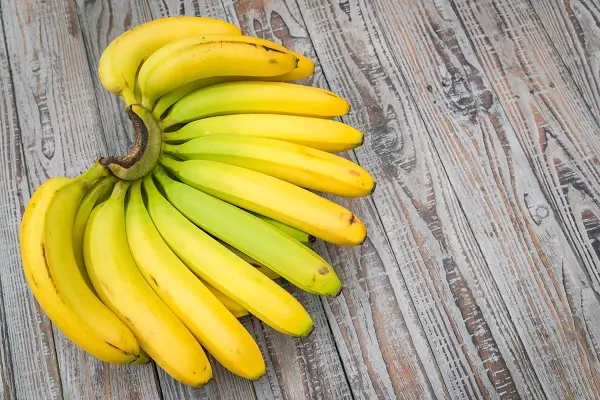
These fruits should be consumed in moderation because bananas contain high amounts of sugar and have a medium to high glycemic index, especially when ripe or overripe. It means that they are capable of triggering fairly high increases in blood sugar levels. When consuming bananas, then it is wise to take small portions and it is advisable to take bananas along with protein or fats since these slow down the digestion of sugars. When taken in excess, it might prove the worst fruit for diabetics.
2. Mangoes
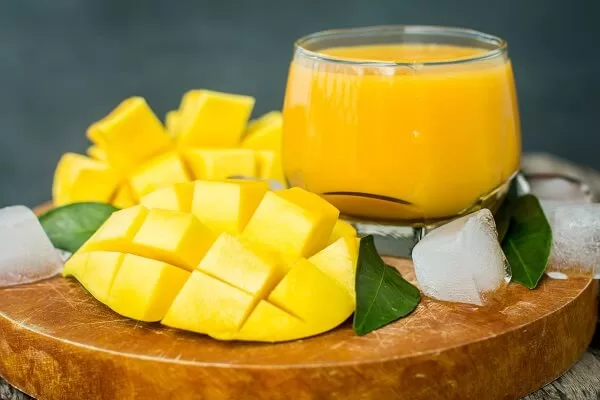
Many of my clients adore mangoes as they are sweet fruits, but these are also very rich in natural sugars. Some of them have a relatively higher glycemic index, which in turn implies that even minimal servings contain significant amounts that affect blood glucose levels. Yes, it is advisable to moderate the amount of mango consumed or avoid including it in the list of friendly foods, especially when managing diabetes since its glycemic index is moderate. These are among the worst fruits to eat for diabetics if the ingestion exceeds than normal limits.
3. Grapes

These fruits have a high sugar content and are moderate. The high amount can cause a significant increase in blood sugar levels as time goes by. This is the fruit to be avoided by a diabetic patient in the long run. However, if you want to eat grapes, it is highly recommended that you take them in moderation and also ensure that you consume low-GI foods with them.
Book Consultation Now
4. Cherries
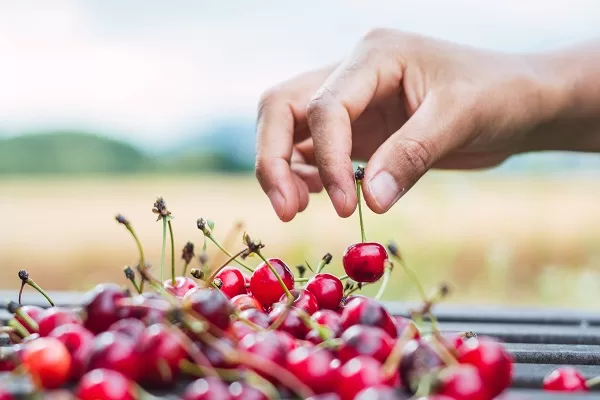
These are sweet fruits to avoid in diabetes and especially the cherry varieties contain a high sugar content. These are small carbohydrate units, though they may cause a sharp rise in blood sugar levels in the affected body. It is recommended that cherries should not be consumed in large quantities as they are absorbed very easily and could be detrimental to people with diabetes having complications in their digestion systems.
5. Pineapple
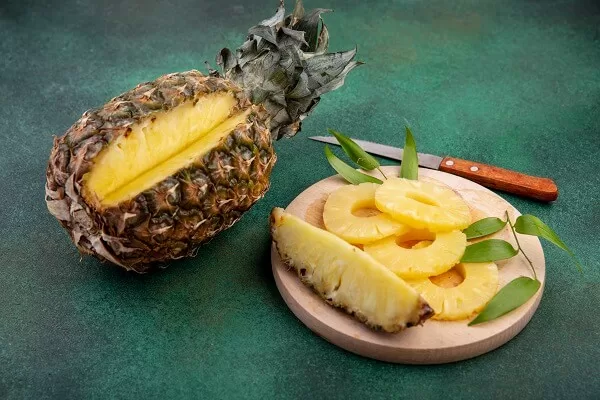
The last fruit on this list is a pineapple; this fruit has a high glycemic index and contains significant values of sugars. It has a rich glycemic index thus increasing blood sugar levels when taken in large quantities, and therefore it should be taken in limited quantities. When talking of diabetes and fruits to avoid, pineapple should always be considered.
6. Watermelon
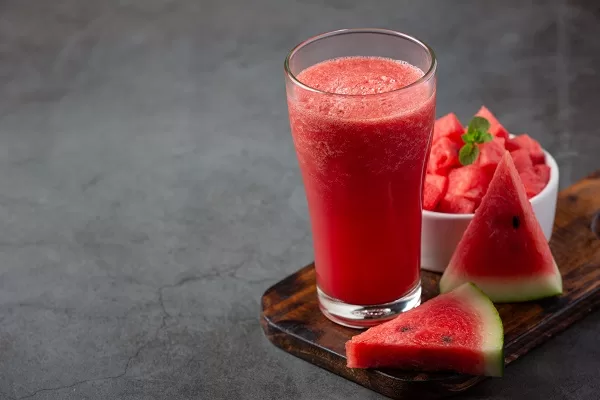
Unfortunately, watermelon is on the high glycemic index list, which means it can trigger a spike in blood sugar relatively fast. Even though it is a low-calorie food, its GI is high and, therefore, less suitable for consumption by diabetic individuals. This is a fruit to avoid if diabetic. It is best to avoid consuming it alone or to take it in moderation, and if taken should be accompanied by other foods to result in low GI foods.
7. Dried Fruits
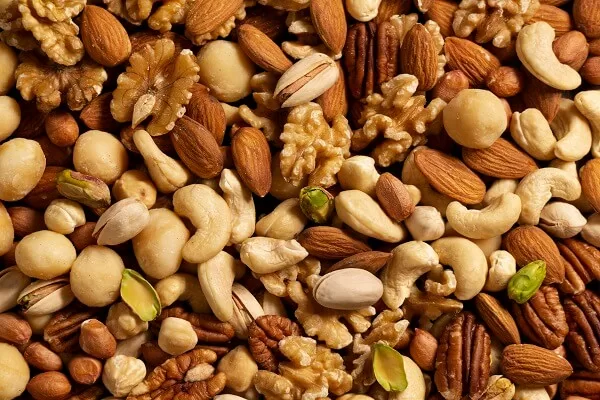
Fruits in their roles such as raisins, dates, and dried apricots contain a high glycemic index as they are made of highly condensed sugars. It only takes a cup or two to consume hundreds of calories and spikes the blood glucose level to a great extent. In essence, it is healthier for diabetics to choose fresh fruits, and these foods can be safely included in the diabetic diet.
Book Consultation Now
Conclusion
Control of diet and lifestyle is a must if you tend to manage diabetes. The fruits to avoid in diabetes are several but the main thing that remains in focus is the balance in meals. It is advised not to consume anything in excess and let the sugar levels stay under control. The fruits to avoid in diabetes are nothing but a means to help you prevent the spike in your sugar levels.











